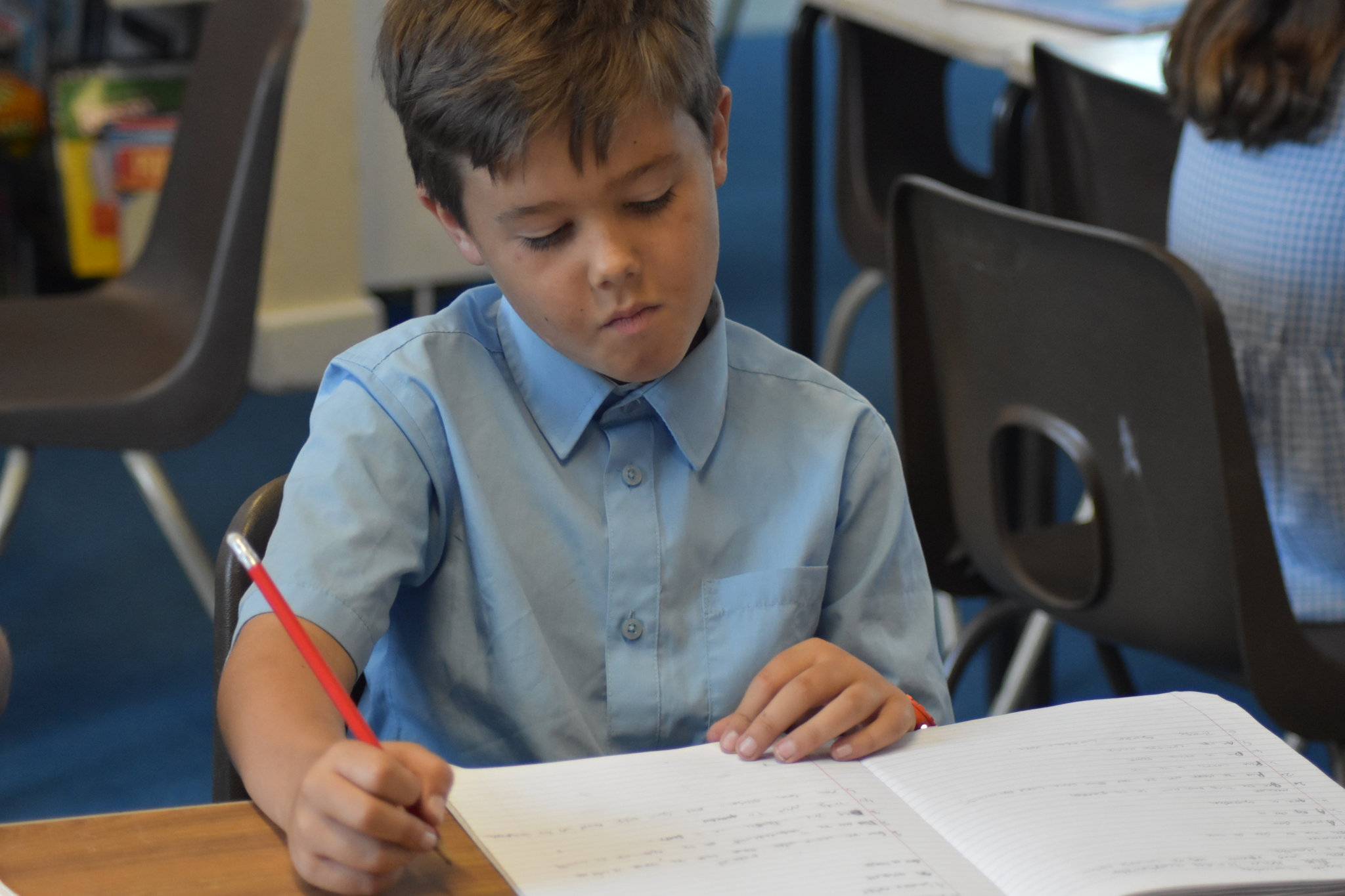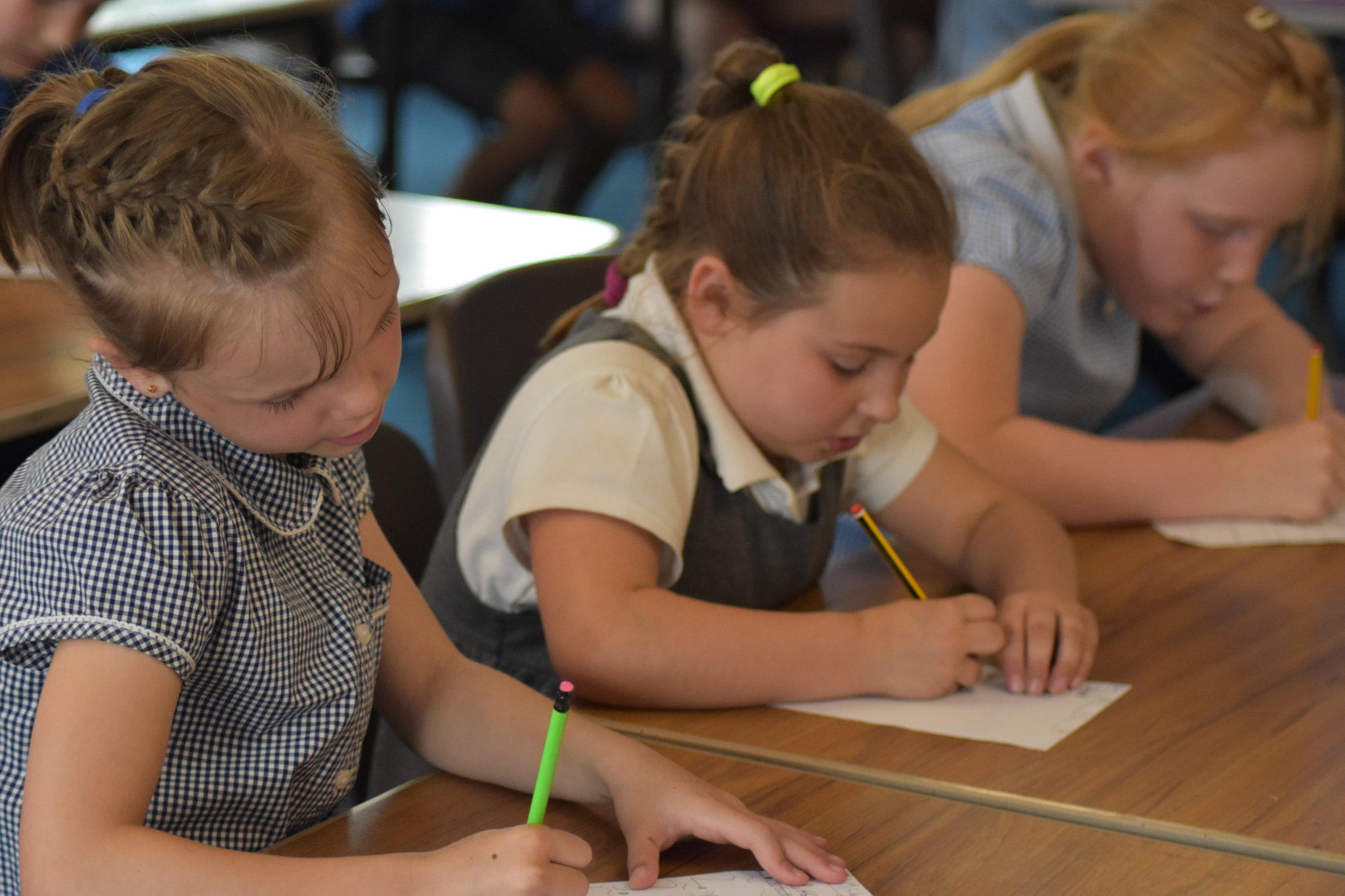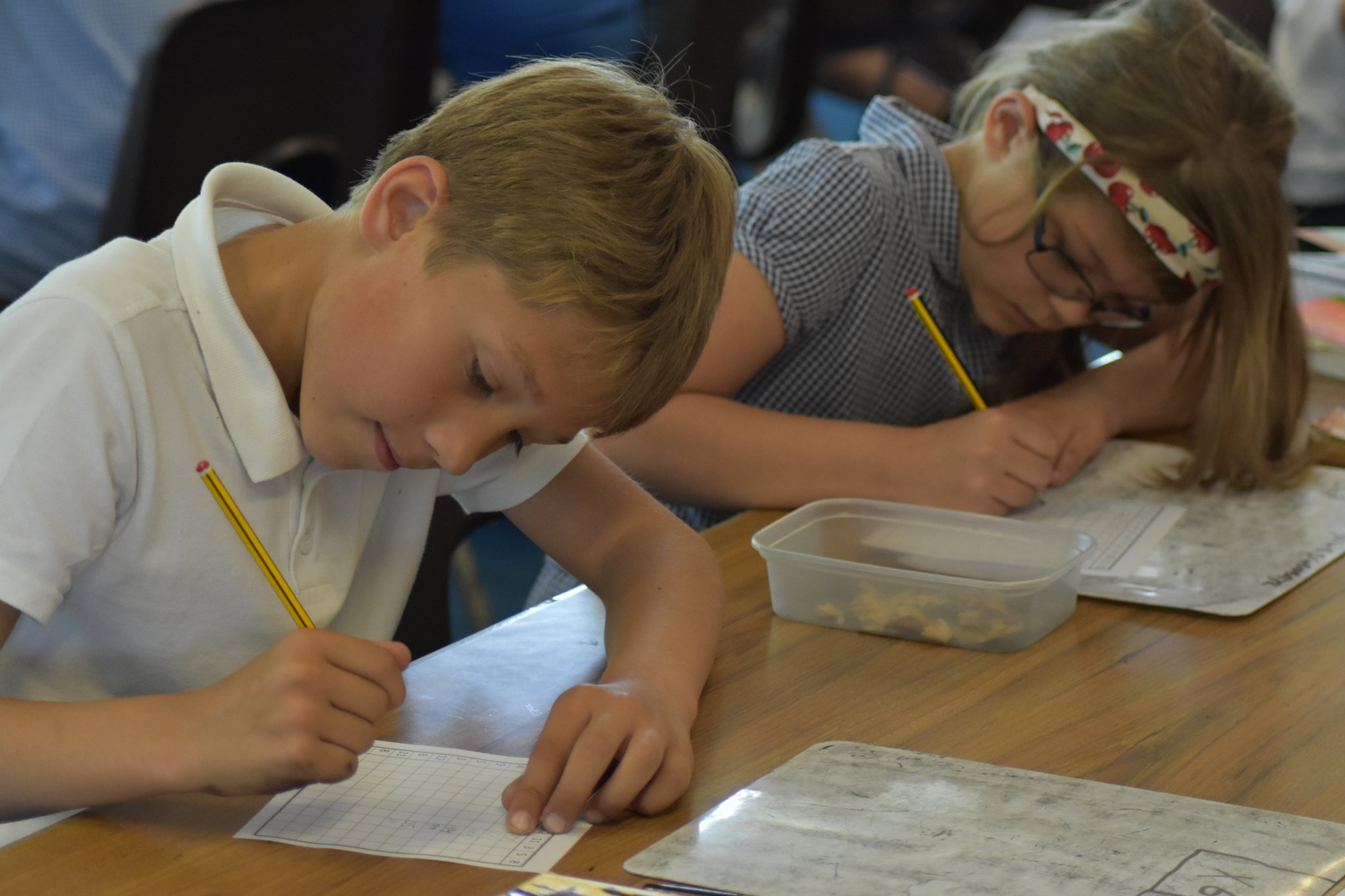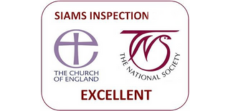Literacy at St Andrew's
Literacy Curriculum Overview
At St Andrew’s C of E Primary School, Literacy is central to all areas of learning. Children need to be able to explain their thinking, debate their ideas and read and write at a higher level. This will help them to communicate and record their knowledge and understanding across the curriculum. These skills are taught through discrete Literacy lessons and in all other subjects.
Speaking and Listening is at the heart of how we help children develop as readers and writers. The children are taught to talk confidently to one another, talk to an audience and talk in role. This provides them with the necessary skills to take turns when speaking, listen to one another’s opinions, challenge these opinions and ask and respond to appropriate questions.
We know at St Andrew’s the many benefits of reading for pleasure. We give the children opportunities to read and enjoy books on a daily basis. We regularly read to the children and inspire them with high quality texts.
We use Storytelling to help children become confident and creative writers. The children learn to tell stories from memory which creates an inner store of language, ideas and imagination. This approach of learning texts by heart is also used for non-fiction. The ‘Talk for Writing’ approach enables children to imitate the key language they need for a particular topic orally before they try reading and analysing it. The children experience fun activities that help them rehearse the language they need, followed by shared writing to show them how to craft their own work.
To help the children become successful writers teachers plan a learning journey for each unit of work. The journey starts with a ‘cold write.’ Children then practise the skills needed in order to produce a ‘hot write’ at the end.
Grammar, punctuation, spelling, handwriting and composition all encompass literacy. Phonics is taught explicitly in Foundation Stage and KS1 and where necessary in KS2. Teaching through the Rocket Phonics programme ensures that young children will be well-placed to read and spell words with fluency and confidence by the time they reach the end of KS1. In Key stage 2, spelling is taught regularly using the ‘Spelling Shed’ scheme as the basis for our teaching and homework. They are then taught to apply the rules that they have learnt across the curriculum. Grammar and punctuation are taught through some explicit lessons as well as being an integral part of literacy lessons.



.png)
.png)



.png)
.png)
.png)
.png)
.png)